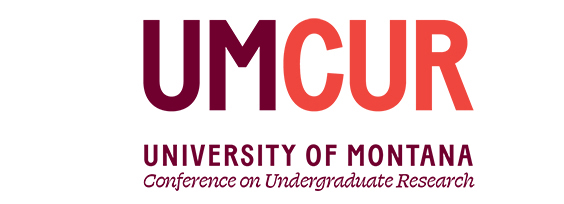Oral Presentations
Workshop for Change: Navigating Food Justice on Campus and Addressing Student Food Insecurity
Project Type
Presentation
Faculty Mentor’s Full Name
Timothy Nichols
Faculty Mentor’s Department
Davidson Honors College
Abstract / Artist's Statement
Food injustice is the inability to access nutritionally adequate, culturally appropriate, and safe food without shame or fear. The United States Department of Agriculture estimates that 12.7% of U.S. households are food insecure (Payne-Sturges et al., 2017). 14-59% of college students are food insecure at some point during their college career, as compared to the national average of 12.7% of people in the United States (Henry, 2017). At our own college, the University of Montana, 60% of students in 2020 experienced insecurity of basic needs (Szpaller, 2022). A myriad of studies have found that student food insecurity in colleges is a pervasive and systemic problem (Budowle, 2023). An exploratory, ethnographic study that included 27 interviews and five focus groups with affected students, found that most faced issues of stigma and shame daily, preventing them from seeking assistance from their parents and federal social services (Henry, 2017). Obtaining a degree, securing a better job, and improving living standards outweighed the hunger concerns of insecure college students (Henry, 2017). To alleviate insecurity, multiple local solutions that are protective of student confidentiality, raise awareness, and strive to reduce stereotypes and stigmas should be present on all university campuses. In this presentation, we want to discuss food justice, specifically tailored to college student food insecurity, information on government programs, and other possible solutions to implement. Using what we learned from our USDA Food Justice Colloquium, we want to use our experiences to inform and guide others.
Category
Social Sciences
Workshop for Change: Navigating Food Justice on Campus and Addressing Student Food Insecurity
UC 331
Food injustice is the inability to access nutritionally adequate, culturally appropriate, and safe food without shame or fear. The United States Department of Agriculture estimates that 12.7% of U.S. households are food insecure (Payne-Sturges et al., 2017). 14-59% of college students are food insecure at some point during their college career, as compared to the national average of 12.7% of people in the United States (Henry, 2017). At our own college, the University of Montana, 60% of students in 2020 experienced insecurity of basic needs (Szpaller, 2022). A myriad of studies have found that student food insecurity in colleges is a pervasive and systemic problem (Budowle, 2023). An exploratory, ethnographic study that included 27 interviews and five focus groups with affected students, found that most faced issues of stigma and shame daily, preventing them from seeking assistance from their parents and federal social services (Henry, 2017). Obtaining a degree, securing a better job, and improving living standards outweighed the hunger concerns of insecure college students (Henry, 2017). To alleviate insecurity, multiple local solutions that are protective of student confidentiality, raise awareness, and strive to reduce stereotypes and stigmas should be present on all university campuses. In this presentation, we want to discuss food justice, specifically tailored to college student food insecurity, information on government programs, and other possible solutions to implement. Using what we learned from our USDA Food Justice Colloquium, we want to use our experiences to inform and guide others.
